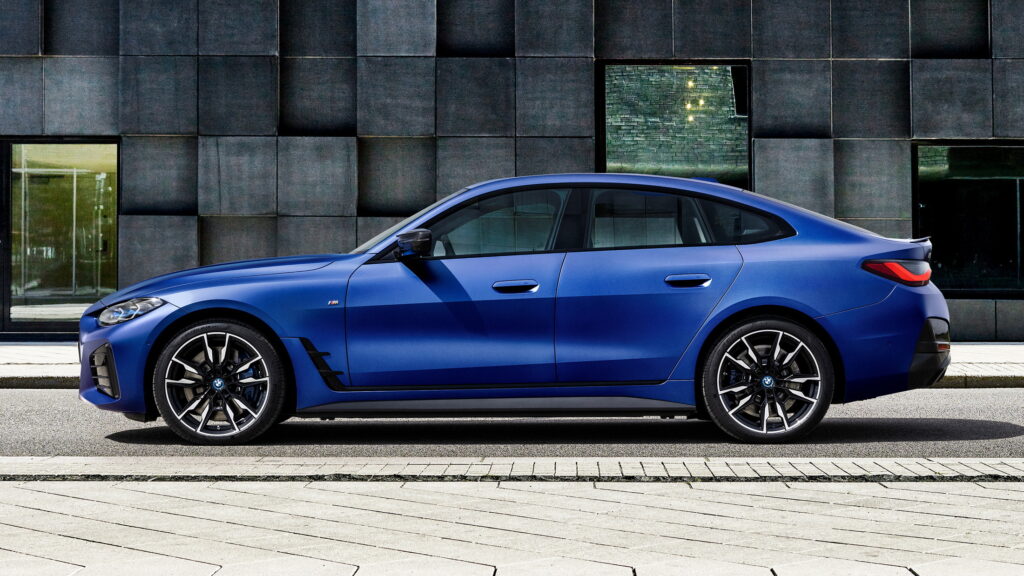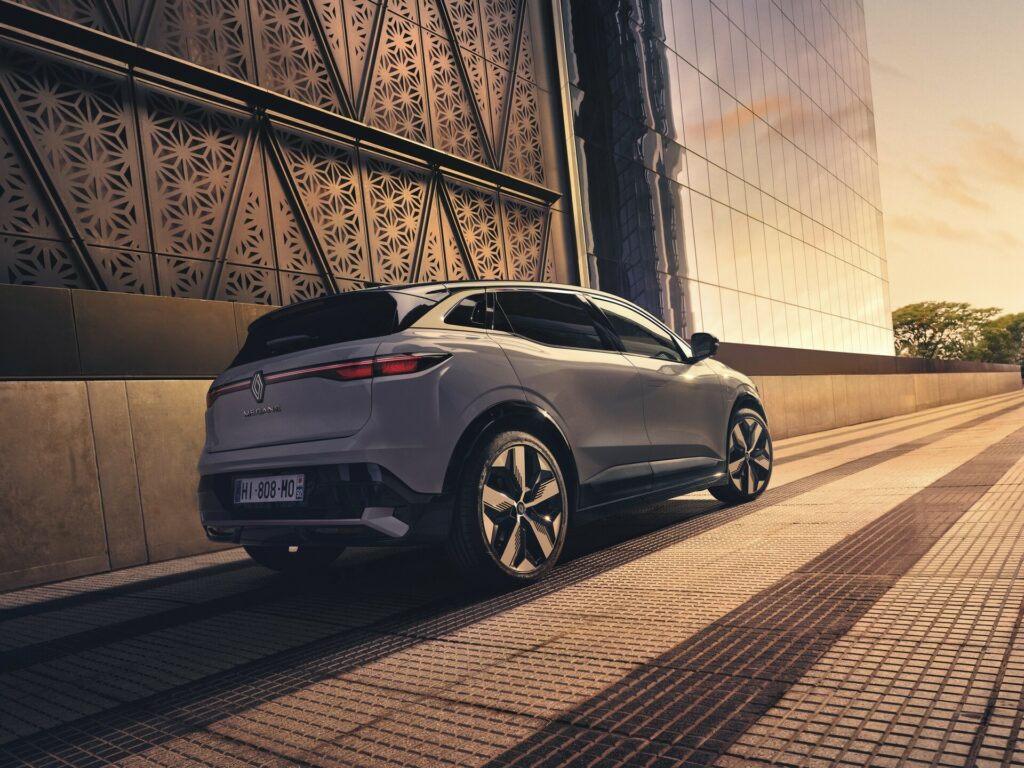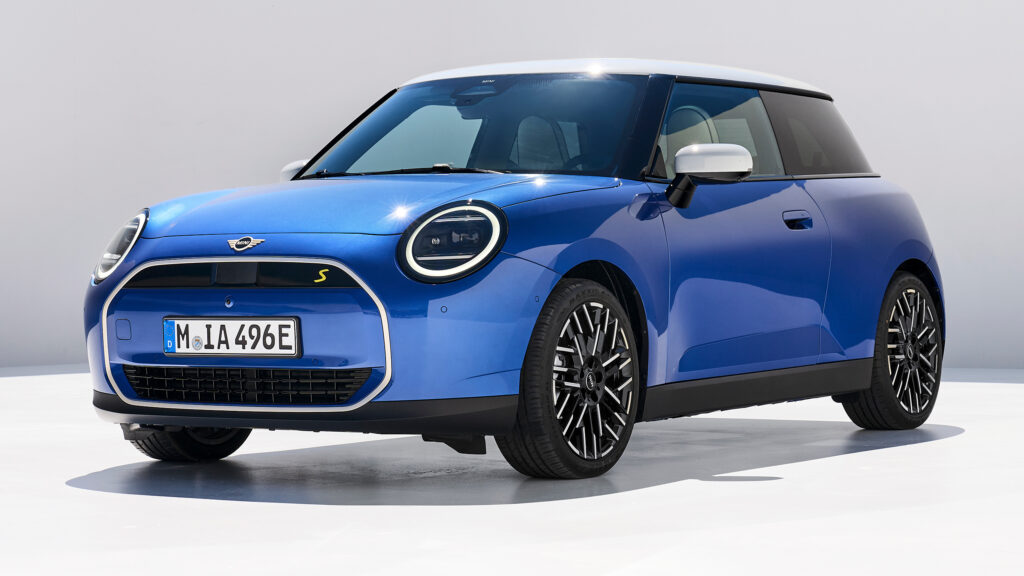Britain’s exit from the European Union continues to impact consumers and new tariffs could force them to spend as much as an extra 10% to purchase an EV.
New trade rules being implemented in January will include ‘rules of origin’ requirements. These rules will require electric vehicles to have 45% locally produced content from 2024, a figure that will rise to 50% and 60% for battery cells and battery packs. The change will impact shipments to and from the UK and carmakers failing to hit the targets could face 10% British or EU import tariffs.
If car manufacturers pass these tariffs on to consumers, it’ll drive up the price of an electric Mini by £3,000 ($3,659), a Renault Megane E-Tech by £3,700 ($4,513), and a BMW i4 by £5,200 ($6,343). More expensive EVs could see their prices rise by even more considerable sums.

Car manufacturers from both the UK and the EU want the rules of origin laws to be delayed until 2027 as they cannot currently meet the demands. Companies including Stellants, Vauxhall, and Peugeot have also threatened to shut certain British operations if a new deal cannot be reached, iNews reports.
Read: Stellantis Will Close UK Plants Unless Brexit Deal Revised
“Driving up consumer prices of European electric vehicles, at the very time when we need to fight for market share in the face of fierce international competition, is not the right move,” Renault chief executive and European Automobile Manufacturers Association president Luca de Meo said of the matter. “Europe should be supporting its industry in the net-zero transition as other regions do – not hindering it.”
British Business Secretary Kemi Badenoch recently said she was hopeful a new deal could be reached. However, the European Commission has so far refused to consider making a new deal, meaning customers may soon need to spend a lot more for an EV.




